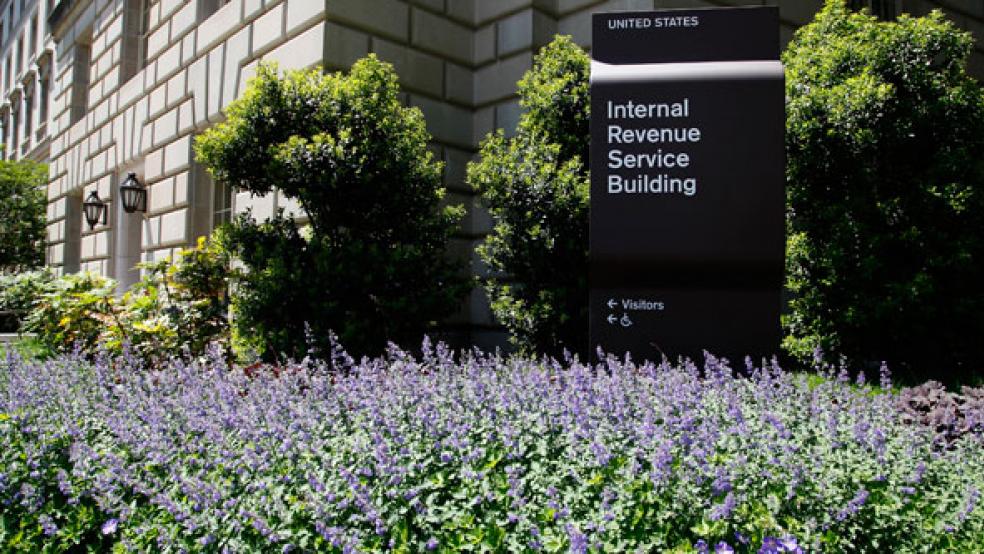The secretive “social welfare groups” that enjoyed exemption from federal taxation while pouring millions of dollars into political advertising during the 2012 elections may find their influence significantly curtailed in the future, if new proposed guidance from the Treasury Department and the Internal Revenue Service is any guide.
The two agencies on Monday announced that intend to change the rules in a way that would define “candidate-related political activity” as specifically outside the bounds of social welfare activity.
RELATED: SPEND BILLIONS ON ELECTIONS, GET LOUSY RETURNS
Such a change would have a major impact on organizations such as Crossroads GPS, which is run by Republican political strategist Karl Rove, and which spent tens of millions of dollars on political advertising during the 2012 election. Known as 501(c)(4)s for the portion of the tax code that covers them, organizations such as Crossroads GPS can accept unlimited donations and are not required to identify donors. Unlike their better-known cousins, the overtly political Super PACS, which can also accept unlimited donations but are required to identify donors, 501(c)(4)s are supposed to limit their activism to efforts to promote “social welfare.”
But according to the Center for Responsive Politics, in 2012 the amount of money social welfare groups spent on advertising intended to sway voters approached $300 million.
"This proposed guidance is a first critical step toward creating clear-cut definitions of political activity by tax-exempt social welfare organizations," Treasury Assistant Secretary for Tax Policy Mark J. Mazur said in a statement.
"This is part of ongoing efforts within the IRS that are improving our work in the tax-exempt area," said IRS Acting Commissioner Danny Werfel.
RELATED: HOW CONGRESS COULD HAVE PREVENTED THE IRS SCANDAL
The news of the proposal took some election transparency activists by surprise.
“We certainly didn’t know it was coming,” said Viveca Novak, editorial and communications director for the Center for Responsive Politics. “It seems pretty sweeping, and this would be a pretty big change. It addresses the questions we and others have been raising about social welfare, and the lack of a real definition of what is political activity.”
However, she added, “What I don’t know is how long it will take to get through the bureaucratic process. We don’t know if it will impact the 2014 elections.”
Indeed, the Treasury Department’s press release on Tuesday noted that there are “a number of steps in the regulatory process that must be taken before any final guidance can be issued.” The agency indicated that it expects significant public interest in the proposal, which can generate an extensive comment period before the rule is finalized.
A spokesperson for American Crossroads had not replied to a request for comment at the time this story was posted.
The proposal defines candidate-related political activity as including a broad range of activities.
RELATED: CONSERVATIVE SUPER PACS OUTRAISED LIBERALS 3-TO-1
In terms of advertising it would cover material that “expressly advocate for a clearly identified political candidate or candidates of a political party,” ads that clearly identify a candidate or a party and are released within 60 days of a general election or 30 days of a primary, and any other communications expenditures subject to Federal Election Commission reporting requirements.
The new rule would treat grants and contributions made to campaigns and other political organizations that use the funds to engage in candidate-related political activity as equivalent to the 501(c)(4) engaging in that activity directly.
It would also cover voter registration and “get out the vote” drives, distribution of promotional material produced by a candidate or other political organization, preparation of voter guides that refer to specific candidates or, in a general election, specific parties, sponsoring an event within 60 days of a general election in which a candidate appears. - Follow Rob Garver on Twitter @rrgarver
Top Reads from The Fiscal Times:





